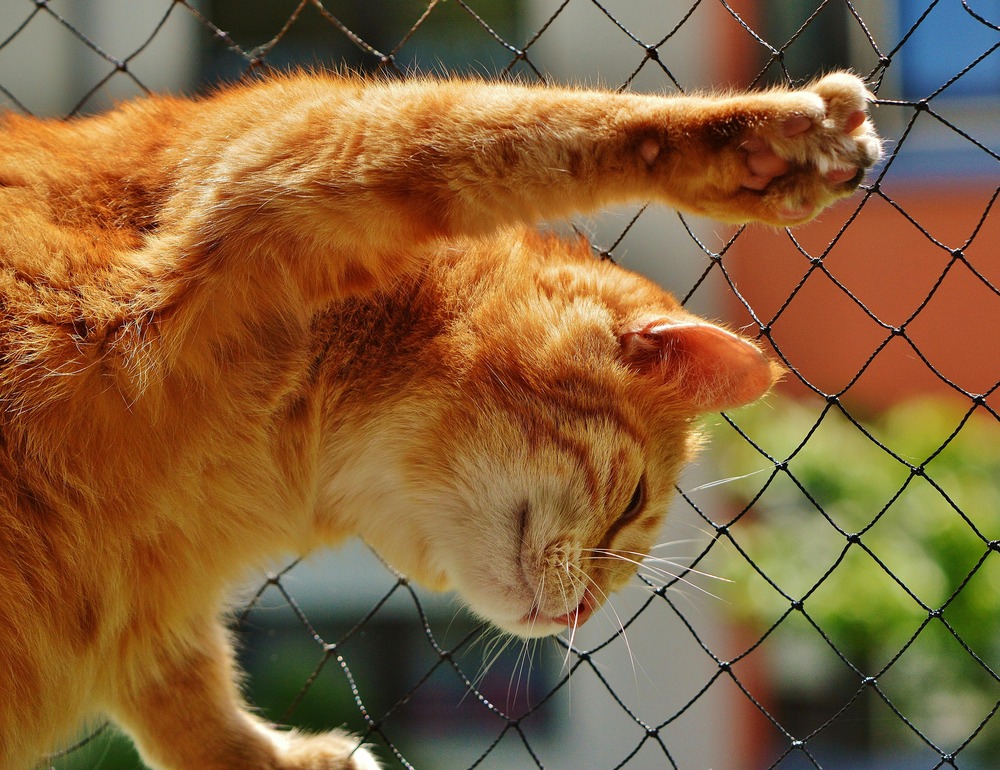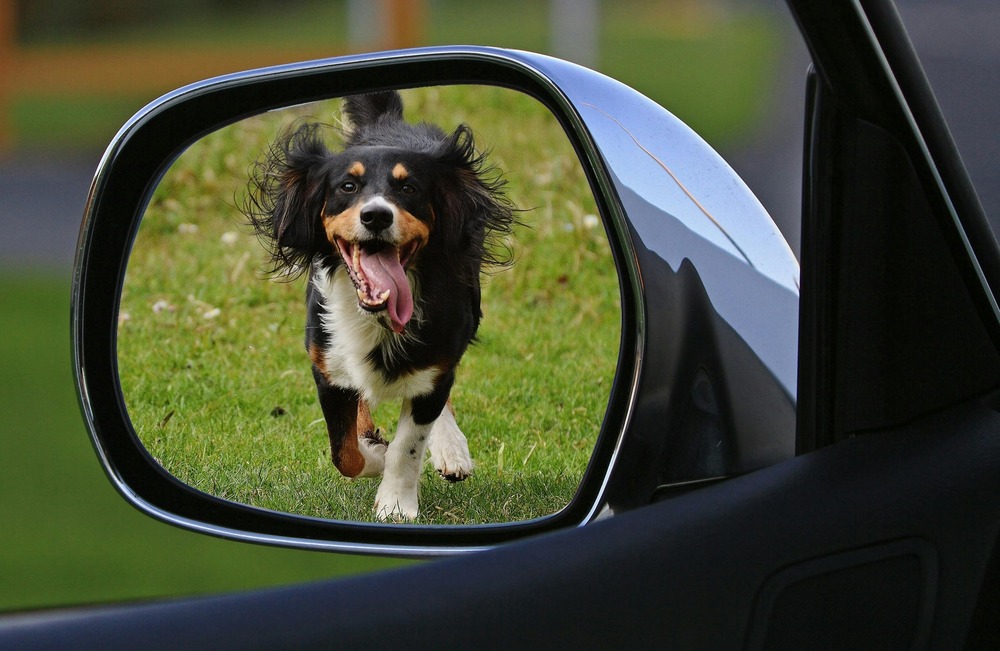Bringing home a new kitten or puppy is an exciting adventure filled with cuddles, playtime, and endless joy. However, amidst the excitement, many new pet owners overlook crucial questions during their pet's first health check. Understanding your furry friend’s health needs is essential for their well-being. In this blog, we’ll explore the vital questions you should ask your veterinarian, backed by statistics and helpful tables to ensure your new companion gets the best start in life! ?

Understanding the Importance of a Health Check
A health check is not just a formality; it’s a critical step in ensuring your pet’s long-term health. According to the American Veterinary Medical Association (AVMA), approximately 30% of pets are diagnosed with a health issue during their first veterinary visit. This statistic highlights the importance of being prepared and informed.
Key Questions to Ask During the First Health Check
When you take your new kitten or puppy to the vet, consider asking the following questions:
- What vaccinations does my pet need?
- What is the recommended diet for my pet?
- How often should I bring my pet in for check-ups?
- What signs of illness should I watch for?
- Is my pet at risk for any breed-specific health issues?
These questions can help you understand your pet's health needs better and ensure they receive the appropriate care.
Vaccination Schedule
Vaccinations are crucial for preventing diseases. Here’s a table outlining the typical vaccination schedule for kittens and puppies:
| Age (Weeks) | Kitten Vaccines ? | Puppy Vaccines ? |
|---|---|---|
| 6-8 | FVRCP | DAPP |
| 10-12 | FVRCP | DAPP, Bordetella |
| 14-16 | Rabies | Rabies |
| 16-20 | - | Leptospirosis |
Note: Always consult your veterinarian for a tailored vaccination plan.
Nutrition and Diet
Proper nutrition is vital for your pet's growth and development. According to the Association for Pet Obesity Prevention, 60% of dogs and 56% of cats in the U.S. are overweight or obese. This can lead to serious health issues, including diabetes and joint problems. Here’s a table to help you understand the dietary needs of your new pet:
| Pet Type | Age Range | Recommended Diet ? | Common Dietary Issues |
|---|---|---|---|
| Kitten | 0-1 year | High-protein kitten food | Obesity, malnutrition |
| Puppy | 0-1 year | High-quality puppy food | Allergies, obesity |
Signs of Illness to Watch For
Being aware of the signs of illness can help you catch potential health issues early. Here are some common signs to monitor:
- Changes in appetite: Eating less or more than usual.
- Lethargy: Lack of energy or enthusiasm.
- Vomiting or diarrhea: Frequent gastrointestinal issues.
- Coughing or sneezing: Signs of respiratory problems.
Breed-Specific Health Concerns
Certain breeds are predisposed to specific health issues. For example, large breeds like Great Danes are prone to hip dysplasia, while small breeds like Chihuahuas may face dental problems. It’s essential to discuss these concerns with your vet to ensure you’re prepared.
Regular Check-Ups
Regular veterinary visits are crucial for maintaining your pet's health. The AVMA recommends annual check-ups for healthy pets, while older pets or those with health issues may require more frequent visits. Here’s a simple table to illustrate the recommended frequency of vet visits:
| Pet Age | Recommended Check-Ups ? |
|---|---|
| 0-1 year | Every 3-4 weeks |
| 1-7 years | Annually |
| 7+ years | Every 6 months |
Conclusion
Your new kitten or puppy deserves the best care possible, and being informed is the first step. By asking the right questions during their first health check, you can ensure a healthy and happy life for your furry friend. Don’t hesitate to reach out to your veterinarian for guidance and support. For more information on pet health, you can visit the American Veterinary Medical Association or the Association for Pet Obesity Prevention.
Remember, a well-informed pet owner is a responsible pet owner! ?❤️



